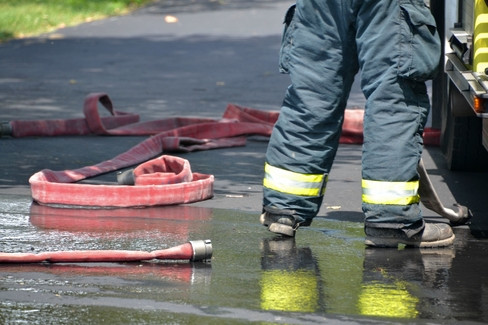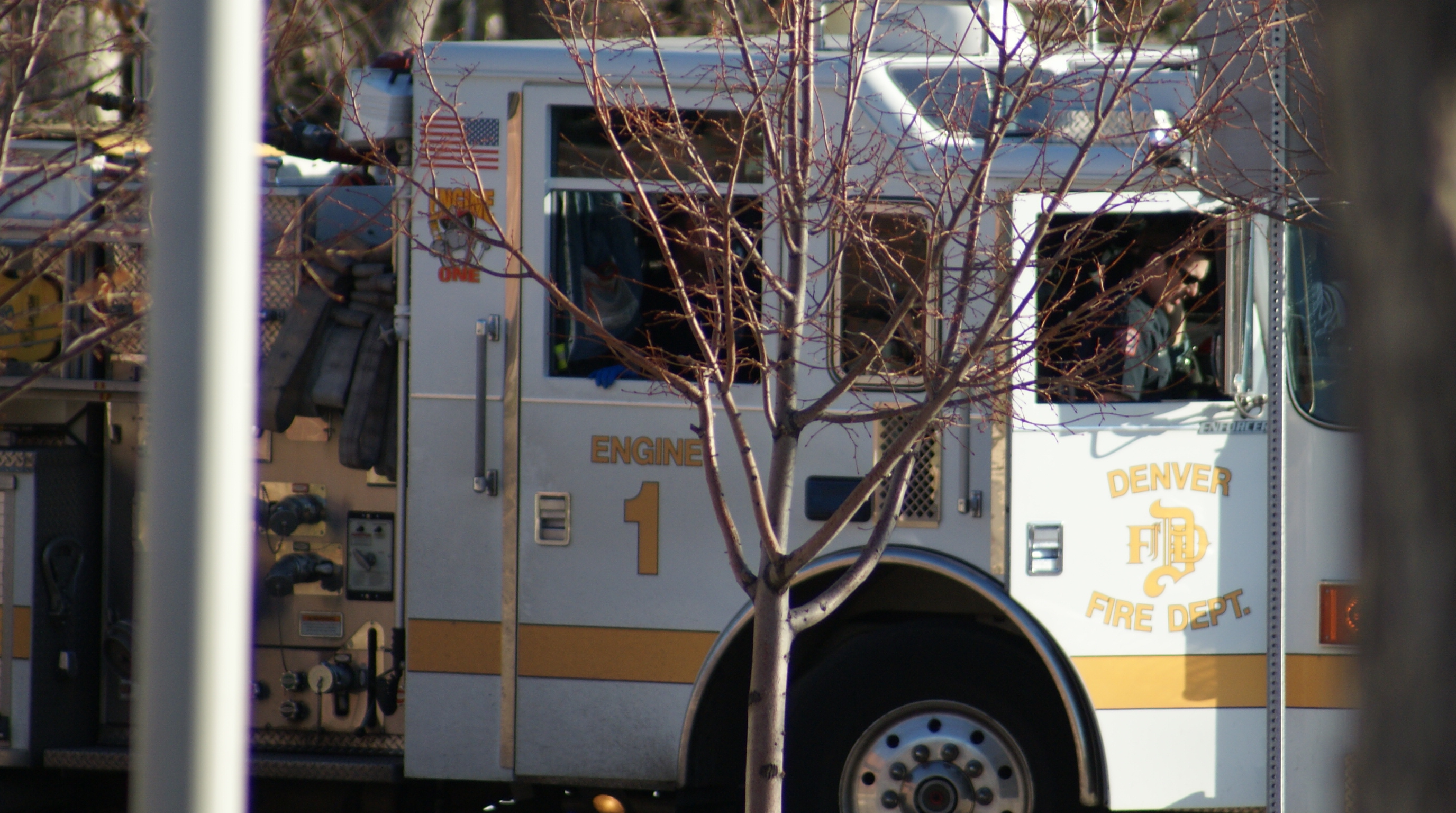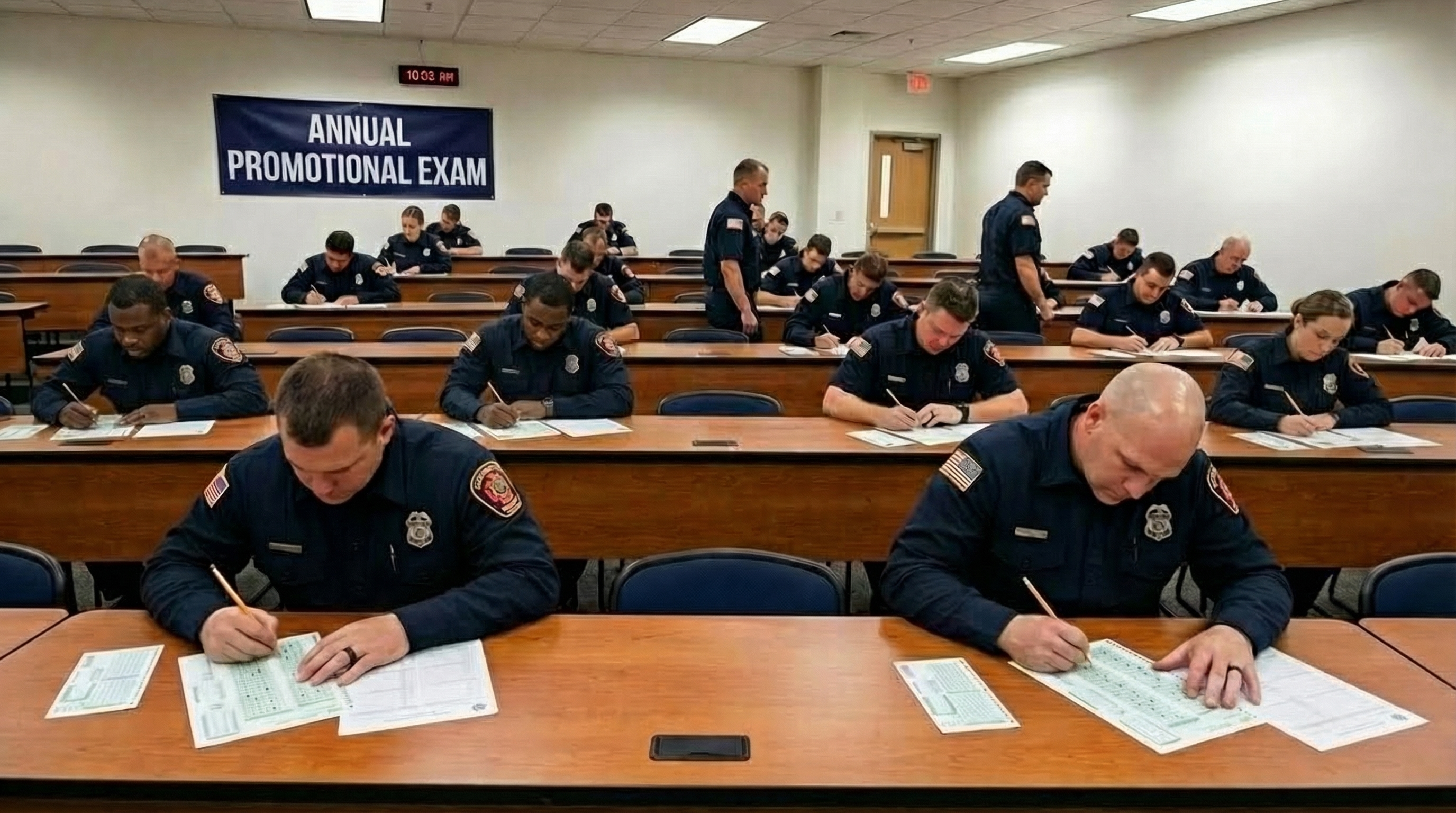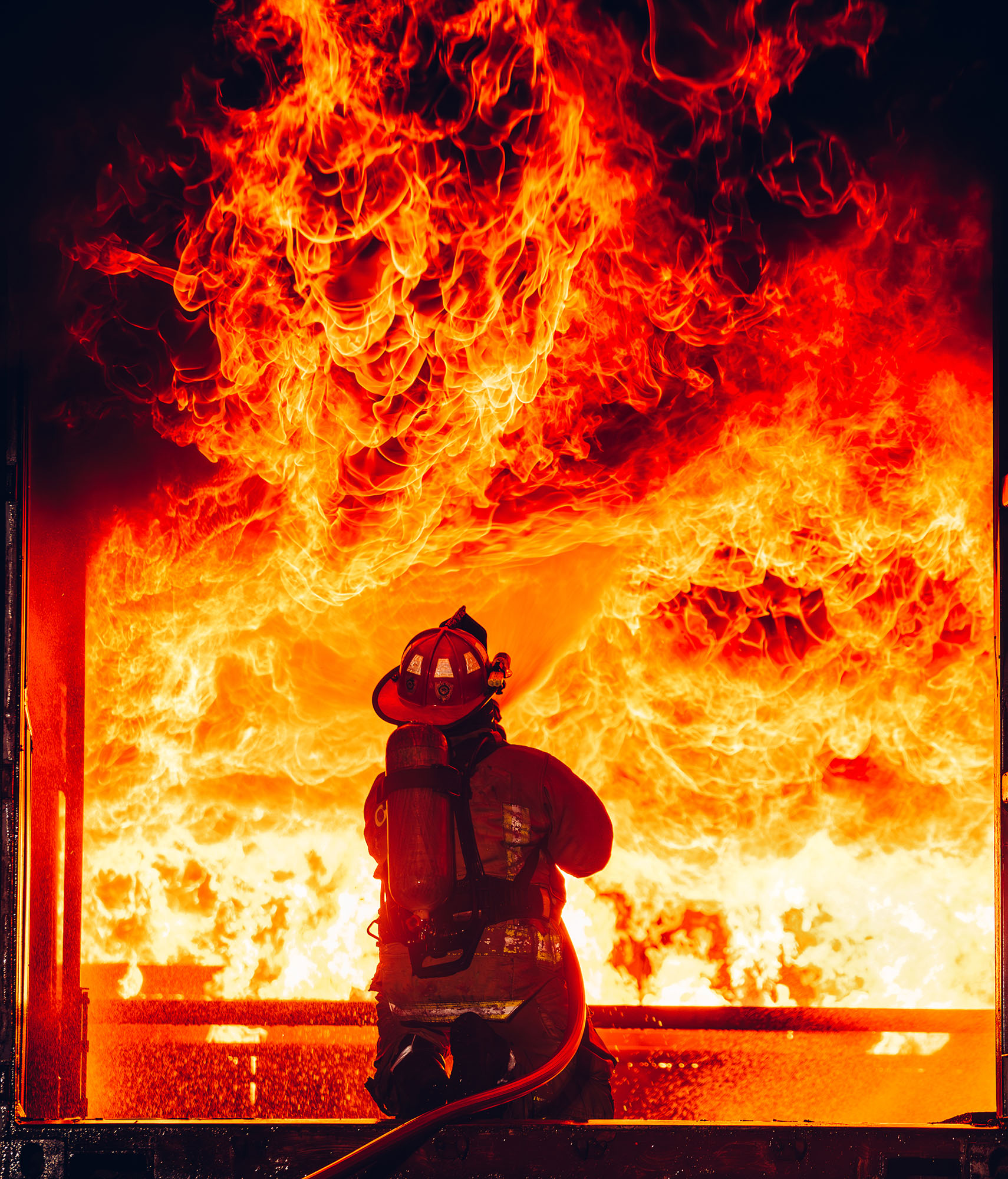As firefighters you make a lot of split second life or death decisions. As a fire service officer you are the one that everyone is going to look at to make these decisions. So as you prepare for firefighter promotion, dive into the decision making process and hone those skills.
Steps to Making the Any Decision
-
Identify The Decision You are Making
The very first step to making any and every decision is identifying what the decision you are making really is. Sometimes decisions are directly presented to you, while other times you have to figure out what you are even making a decision about. For the entirety of this article, let's use the example of you deciding if you are going to promote in the fire service or not. So you may have stumbled upon a flier or job posting encouraging firefighters to apply for promotion or a superior officer may have mentioned they are hiring for officer roles. You were presented with this opportunity, now it is your turn to decide whether to promote or not. Not all decisions will be this simple and direct throughout your career though. You may arrive at an incident with ten different situations to handle that you have to identify before the thought of making a decision even arises. Especially when you go through the promotion process and assessment center, they will throw a lot at you fast, and you must be able to identify what is going on and make your decisions from there.
-
Become Informed
The second step to making a “good” decision or the right decision for you is to get as much information about whatever it is you are deciding on and go from there. So when you are deciding whether or not to sign up to promote in the fire service, become informed about the decision you are making. Talk to others in the position you want to apply for, ask them questions you have about the positions, ask them if they like the job, what they don’t like about it. Research the pay scale. Try to figure out if you would have to change stations if you got promoted, and don't forget the promotional testing process and all that goes into it. Get as much information as you can before making a decision. Now if the decision is one you have to make on a call, the time you have to make said decision is likely much less but the process is the same, just expedited. You won’t have a week to talk to people and figure out what’s going on, you have minutes, maybe seconds to gather all of the pertinent information whether that be through visually seeing what is happening or talking to bystanders or other first responders that arrived before you.
-
Weigh The Options
Thirdly when making a decision, any decision, you always need to look at all of your options. After you have gathered all the information you can, lay it all out there. For some decisions there are very few obvious options, while for others there may be quite a few and some that require some creativity. For our example there are likely just two options, take the firefighter promotional exam the next time it is offered or do not. Make a pro/con list after getting all the data you did previously. If I take the exam I could get a new job, more pay, I could fail which might make me feel bad, or I just don’t take it and keep doing what I am doing. With many decisions you will find that there is an obvious “better” option, but sometimes that “better” option is not evident and you have to quickly weigh them all.
-
Make Your Decision
Of course the most important part of any decision making strategy is actually deciding what to do. After doing the previous three steps this one should be easy. Use the information that you retrieved to make “the best” decision for you. Knowledge is power, so long as you have truly informed yourself and used that information to make your decision, whatever you decided was likely the best decision for you.
-
Evaluate
Once the decision is made, and action is taken, reflect back on what happened. What did you decide and why? Did it end up being the right decision for you? Was the other option better, were there more options you didn’t even consider? Self-reflection is a huge skill every leader must possess to be successful. If you can not evaluate your own actions and grow from that you won’t get far as a leader.
The Takeaway
If you do decide to promote in the fire service and become an officer you will likely roll up to a scene, see many things happening in front of you and be forced to make many decisions all at once. Who gets medical care first, where will your crew members be sent to assist first and so on. Many of these things already have a preset order of operations that every firefighter knows and adheres to, but so many situations have moving pieces and parts that you must still be able to make decisions fast when that happens. When that happens: breathe, figure out what's going on, gather as much information as you can as quickly as possible and make an informed decision.



